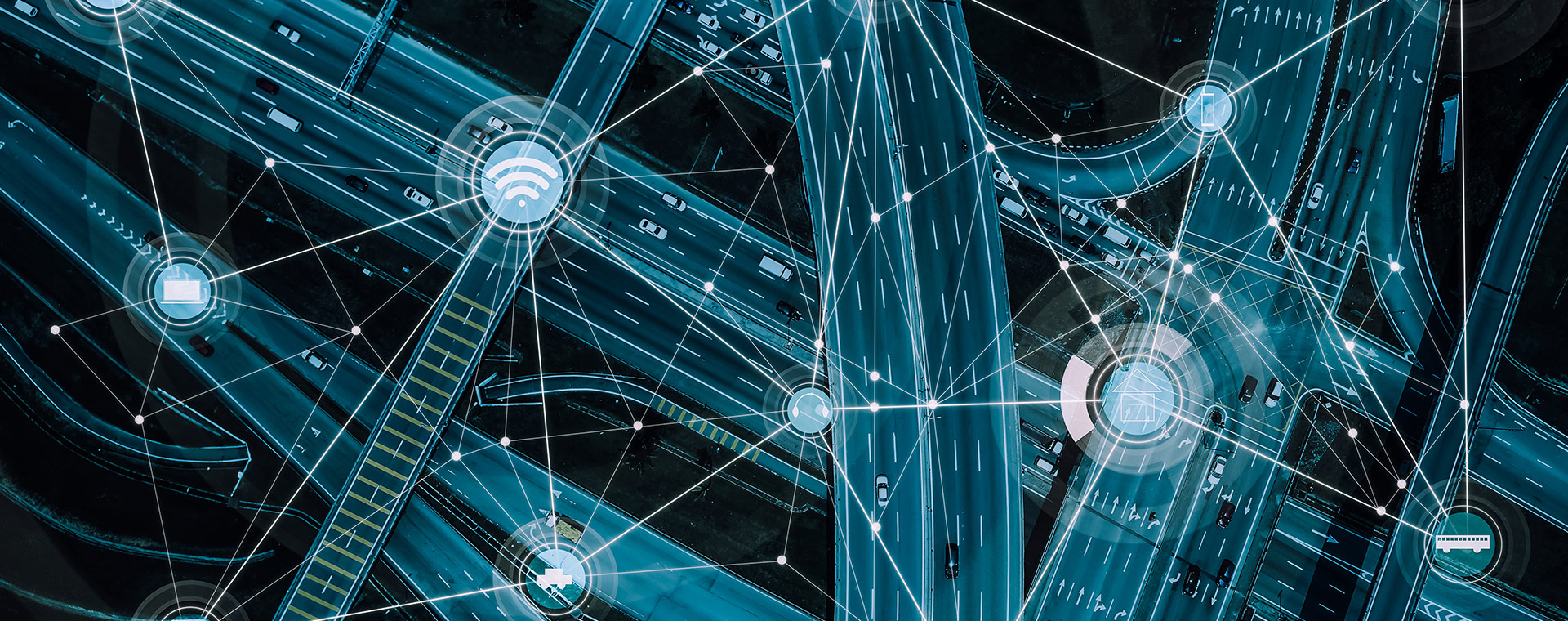A global expert in transport innovation, Zeina is co-founder of Cities Forum, and Vice Chair of ITS UK Road User Charging Forum. Zeina has over 25 years of global experience in strategy, consulting and innovation at KPMG, Parsons, Jacobs and AECOM.
Zeina is a leading advisor for governments and a major global player in Smart & Sustainable Cities, Connected Autonomous Vehicles, Road Safety standards, Intelligent Mobility, and Road User Charging. Zeina specializes in Entrepreneurship, Innovation, Growth Strategy and Policy in the Middle East, Europe, S.E. Asia and the US. Zeina is a keynote speaker & author of over 100 papers of international magazines and conferences.
In 2021-2022, Zeina led a research project for Centre for Connected & Autonomous Vehicles CCAV at UK Department for Transport DfT on assessing safety of teleoperation on UK public roads.
Zeina was the chair of the ISO Technical Working Group TC204 WG1 on ITS Systems Architecture. Zeina also served as Director on the Board of Women in Transportation (WTS) in the USA.
Zeina earned a Bachelor of Science (BSc) in Civil Engineering from the American University of Beirut, a Master of Science (MSc) in Transportation Engineering from the University of Texas Austin, and an MBA from the University of Chicago.




